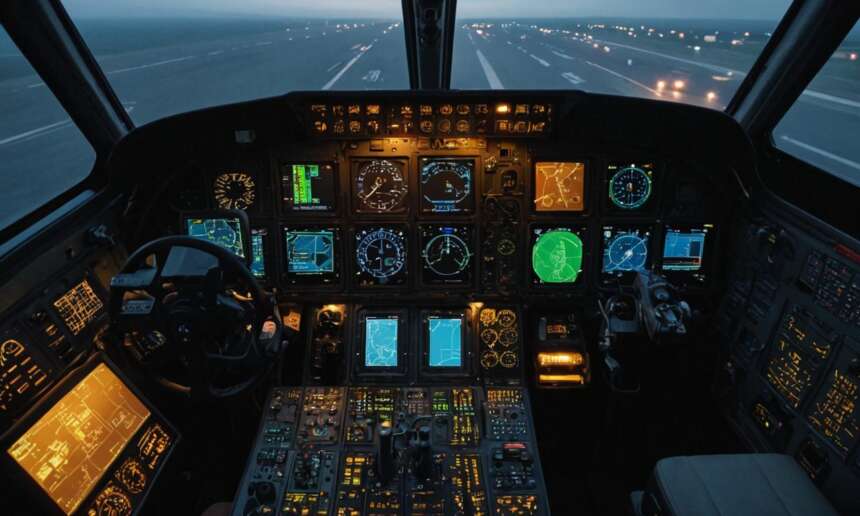Flight dispatchers play a pivotal role in ensuring the smooth operation of commercial flights. They are responsible for coordinating various aspects of flight planning and monitoring to ensure the safety and efficiency of each journey.
The Role of a Flight Dispatcher
A flight dispatcher works closely with pilots, air traffic controllers, and other aviation professionals to plan flight routes, calculate fuel requirements, and assess weather conditions. They analyze data from various sources, including weather reports, air traffic control communications, and aircraft performance charts, to make informed decisions about flight operations.
Flight Planning
One of the primary responsibilities of a flight dispatcher is to create flight plans that optimize fuel efficiency and safety. This involves determining the most efficient route, considering factors such as wind patterns, airspace restrictions, and aircraft performance capabilities.
Weather Monitoring
Weather can have a significant impact on flight operations, so flight dispatchers closely monitor weather conditions along planned routes and at destination airports. They use this information to make real-time decisions about flight diversions or delays to ensure the safety of passengers and crew.
Communication
Effective communication is essential in the aviation industry, and flight dispatchers play a key role in facilitating communication between pilots, air traffic controllers, and other stakeholders. They relay important information such as route changes, weather updates, and operational instructions to ensure everyone involved in the flight is well-informed.
Requirements and Training
Becoming a flight dispatcher requires a combination of education, training, and certification. Most flight dispatchers have a bachelor’s degree in aviation or a related field, along with specialized training in flight operations and dispatch procedures.
Additionally, flight dispatchers must obtain certification from the Federal Aviation Administration (FAA) or relevant aviation authority in their country. This certification typically involves passing written and practical exams that assess knowledge of flight planning, navigation, and emergency procedures.
In conclusion, flight dispatchers play a crucial role in ensuring the safe and efficient operation of commercial flights. Their responsibilities include flight planning, weather monitoring, and communication with pilots and air traffic controllers. Through their expertise and attention to detail, flight dispatchers help to ensure that every flight reaches its destination safely.
Responsibilities Beyond Operations
Flight dispatchers also handle administrative tasks related to flight operations. This may involve maintaining records of flight plans, fuel calculations, and communication logs. Additionally, they often collaborate with other departments such as maintenance and scheduling to coordinate aircraft availability and ensure timely departures.
Emergency Response
Flight dispatchers are trained to handle emergency situations, such as engine failures or severe weather events. They work closely with pilots to assess the situation and provide support, including identifying alternative airports for diversion and coordinating with emergency services if needed.
Technological Integration
With advancements in aviation technology, flight dispatchers now utilize sophisticated software and systems to streamline operations. These tools help in real-time monitoring of flights, optimizing routes for fuel efficiency, and enhancing communication between all stakeholders involved in flight operations.
Frequently Asked Questions
| Question | Answer |
|---|---|
| What qualifications are needed to become a flight dispatcher? | Most flight dispatchers have a bachelor’s degree in aviation or a related field, along with specialized training in flight operations and dispatch procedures. Certification from the relevant aviation authority is also required. |
| What is the role of flight dispatchers during emergencies? | During emergencies, flight dispatchers collaborate with pilots to assess the situation, identify alternative airports, and coordinate with emergency services if needed. They play a crucial role in ensuring the safety of passengers and crew. |
| How do flight dispatchers use technology in their work? | Flight dispatchers utilize sophisticated software and systems to optimize flight routes, monitor weather conditions, and facilitate communication between pilots, air traffic controllers, and other stakeholders. |




